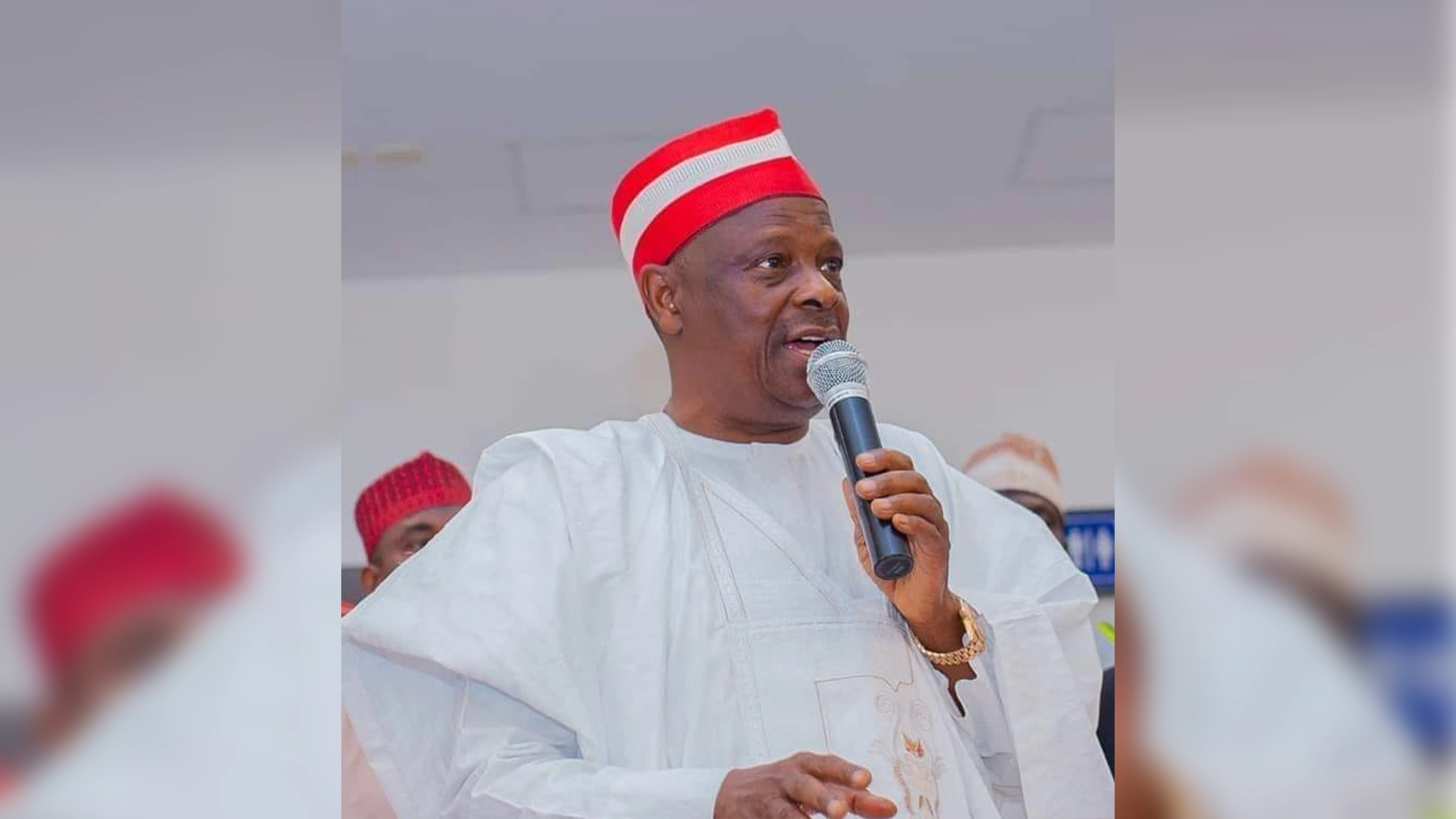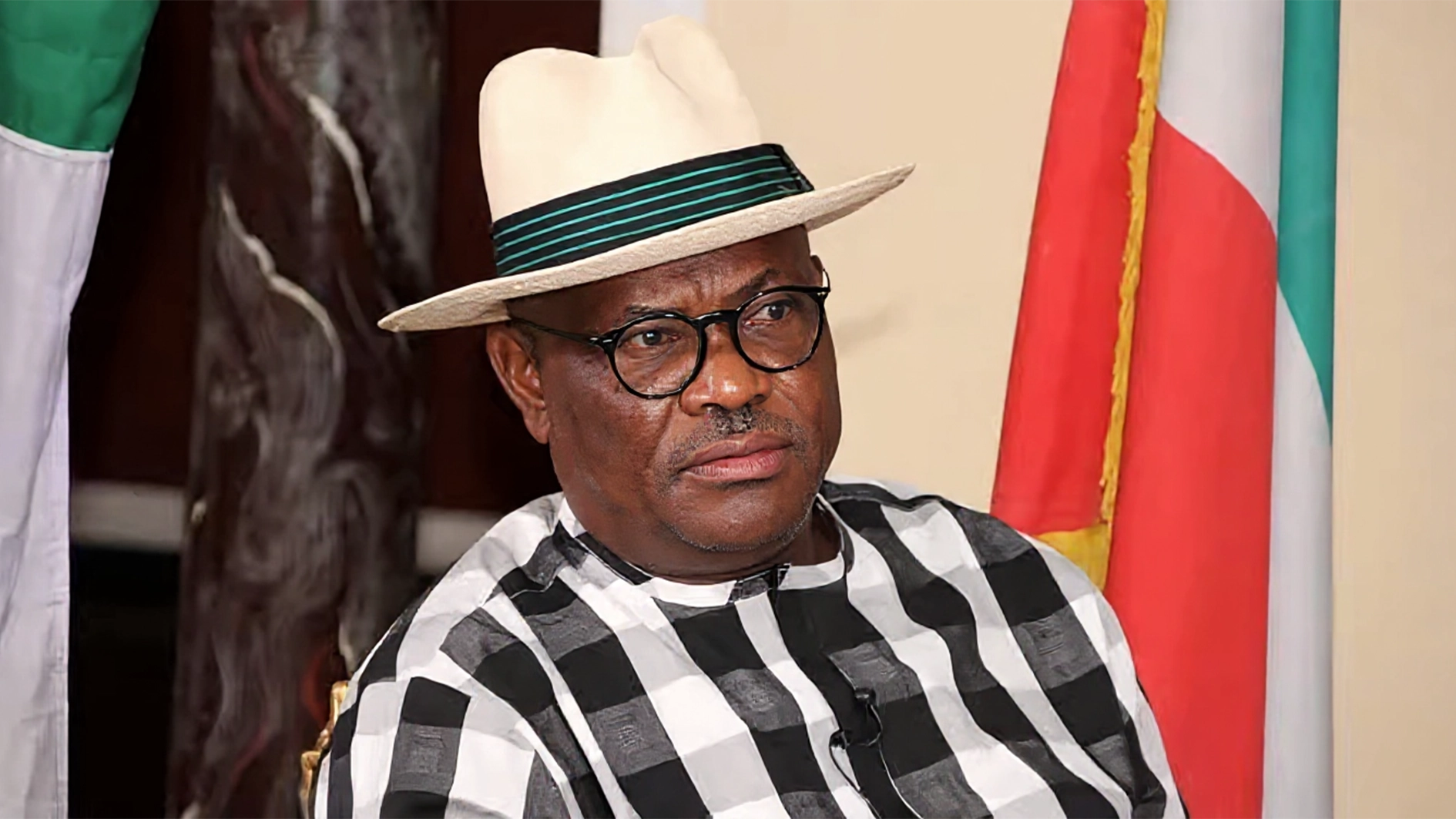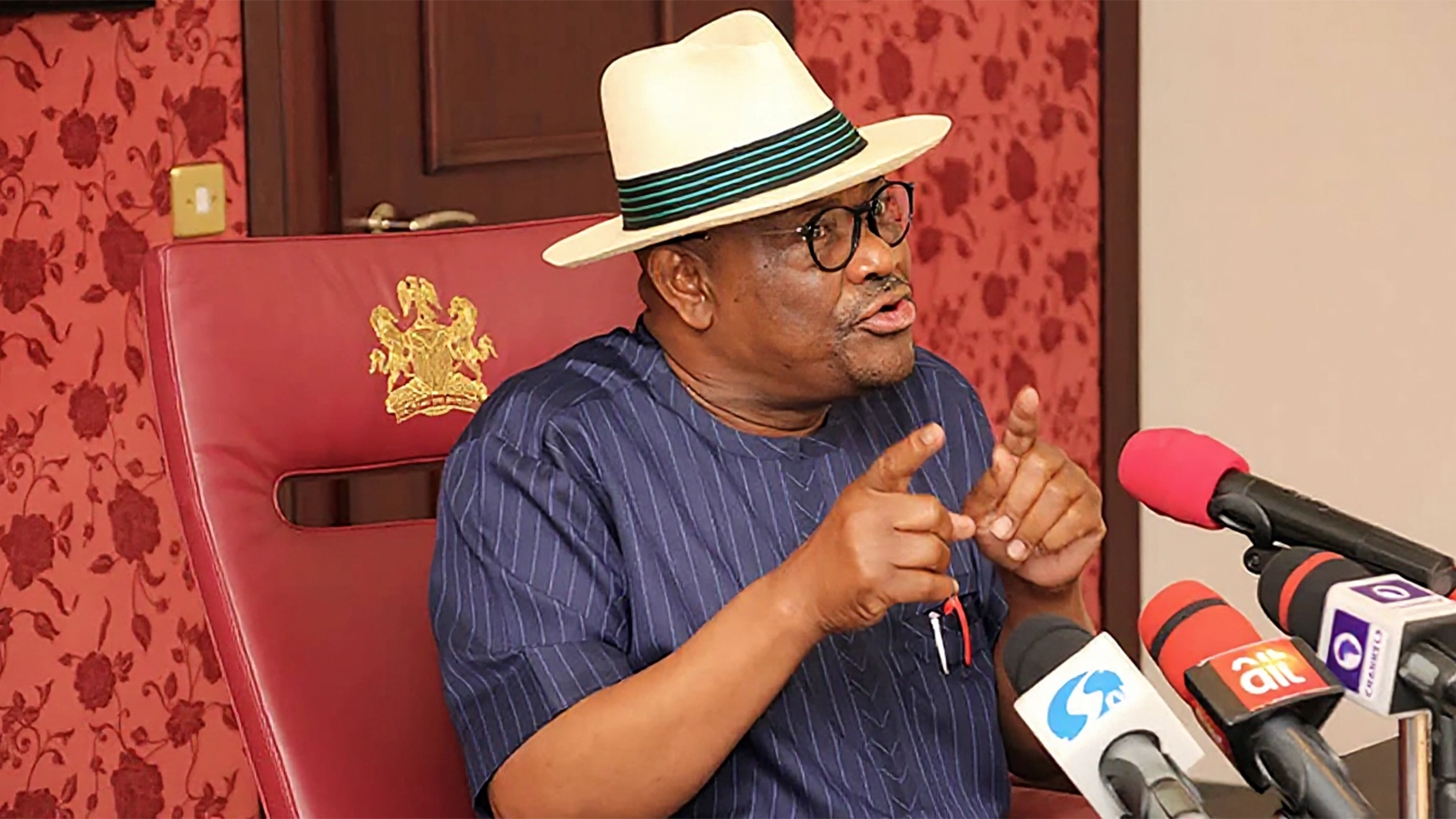Olatorera Majekodunmi-Oniru is a politician who contested the Ogun Central Senatorial seat on the platform of the All Progressives Congress (APC) in 2023. In this interview with OMOWUNMI SANNI, she shares her perspective on the high-wired politics against women aspirants and the hypocrisy of the Nigerian system.
What are the major factors militating against women’s effective participation in politics at both elective and appointive levels?
Several interlocking factors continue to constrain women’s participation in Nigerian, African, and global politics. Chief among them are patriarchal traditions, economic inequality, and limited access to political barriers to entry.
In Nigeria, politics has largely been converted into a competitive game for the 0.1 per cent of the one per cent, rather than a rigorous and selfless leadership journey to serve the 99.99 per cent. The system has evolved into one that demands significant financial prowess and a willingness to take on substantial personal and security risks.
Many women, who are mothers, wives, and sisters, are understandably cautious about entering such a volatile arena, where the stakes often extend beyond reputation and financial losses to matters of life and safety.
Once we redefine politics as a platform for mass-impact service rather than a pursuit of selfish success, we will naturally attract more competent and visionary citizens, regardless of gender. The barriers to entry will then evolve into merit-based filters that elevate the pinnacle qualities of merit, integrity, and true leadership.
How does the current party structure in Nigeria promote or hinder the inclusion of women in key decision-making roles?
While most political parties publicly affirm gender inclusion, their internal structures often tell a different story. Decision-making bodies are still largely male-dominated, and women’s wings are frequently symbolic rather than propulsively strategic.
A quick story from the 2023 elections. Mrs Betty Akeredolu, Senator Aishatu Binani, and I ran in the APC primaries. While Akeredolu and I were blatantly cheated out of the race, Binani scaled the primaries but not the general elections. No APC female contestant won the general elections despite being significantly popular with voters. Binani is the only one I’m aware of who won at the primary level yet lost at the main level.
In my case, the results had been pre-written, and no legitimate primary election was held, as I was the most popular and preferred candidate in Ogun Central Senatorial District, and it was obvious that I would win if a fair, ethical election was held.
For genuine progress, political parties must end all forms of rigging, especially the blatant rigging against merited, educated candidates. The majority of candidates who won under the APC in the 2023 general elections, from the presidential level down, are said to have either no notable educational certificates or forged and falsified educational documents.
To what extent do cabinet appointments at the federal and state levels reflect gender inclusiveness, and what can be done to improve the number of women in such roles?
What Nigeria and Africa need most is merited and visionary leadership, regardless of gender, age, tribe, religion, or any other divisive classification. True national progress cannot be measured solely by the number of women occupying positions but by the quality of leadership, ethics, and impact demonstrated by those entrusted with public service.
It is not enough to clamour for inclusiveness if the included are not fully equipped with the competence, courage, and capacity to deliver transformative results. Gender inclusion must go hand in hand with character, intellect, and a remarkable, unshakable commitment to service.
Our goal must not merely be to fill quotas, but to raise the standards of leadership, ensuring that every electee or appointee, male or female, reflects the best of merit, ethics, and accountability.
Once we begin to push for and insist on leadership by merit, Nigeria will naturally experience a more balanced and credible representation. The percentage of women in the National Assembly, which currently hovers around a meagre four per cent, will begin to rise progressively, and the governorship representation of women, currently at a dismally non-existent zero per cent, will move toward the United Nations’ recommended benchmark of 30 per cent.
When we prioritise excellence and national interest over favouritism, tokenism, and selfishness, we will witness the organic emergence of capable and visionary leaders across genders, generations, and regions, driving Nigeria toward her full potential. True inclusiveness will then be earned and capitalised upon for momentous, sustainable nation-building.
How does the high cost of contesting elections in Nigeria serve as a barrier to women’s political aspirations, and what reforms are necessary to level the playing field?
The financial burden of Nigerian politics is prohibitive, from nomination forms costing as high as N100 million, to campaign logistics, mobilisation, and the extensive patronage networks that have come to define the political landscape. Many capable women are excluded not for lack of vision or competence but for lack of financial prowess.
However, it is essential for voters and delegates to adjust their expectations. The most merited and visionary candidates, those driven by a genuine desire and deeply evidential competence to serve, should not be expected to compete through financial extravagance.
Excessive spending often reflects a transactional mindset rather than a transformational one. Conversely, it is usually entrenched incumbents, many of whom have fed fat on the national treasury, who possess and flaunt such financial muscle. Even with their maximised campaign spending, voters must resist the lure of money and refuse to reward corruption with continuity.
True democracy thrives when citizens recognise that integrity, intellect, and service are far greater assets than wealth. Electoral reforms must therefore go beyond reducing nomination fees to include transparent campaign financing regulations, public funding mechanisms, and stronger enforcement against vote buying and financial manipulation.
Public leadership, democratic or otherwise, must never be a pay-to-play enterprise. Leadership should be a meritocracy, not a marketplace. When Nigerians begin to value character over cash, the quality of governance will naturally rise, and with it, the credibility of our democracy and the long-overdue development of our continent.
In what ways does political violence and the use of thuggery during elections discourage female political participation, and what can be done to ensure safer electoral processes?
Many humans are, by nature, humane and peace-loving people. Where violence occurs, it is often a reflection of systemic manipulation, of young people being raised, bribed, or trained by illegitimate power structures that thrive on fear and chaos. Beneath that surface, however, there remains an undeniable sense of goodwill and longing for a greater nation in the heart of every Nigerian.
Politically motivated violence stands as one of the strongest deterrents to women’s participation in politics, not because women are weak, but because many are also nurturers, mothers, and protectors of life who naturally recoil from needless bloodshed. Yet, this challenge should not discourage women from leadership.
Even among those branded as “thugs,” many still desire a Nigeria that works and will, in truth, protect leaders whom they believe genuinely have their best interests at heart.
Visionary leaders must therefore rise above division and intimidation, cultivating relationships of understanding and reformation with every segment of society, including the disenfranchised, the violent, and even the right-wing, to redirect their energy toward national development rather than destruction.
To ensure safer, freer, and fairer elections, we must insist on the strict enforcement of electoral laws, the strategic deployment of technology for transparency, and community-led security monitoring. In regions where state structures are compromised, citizens themselves must organise responsibly to safeguard the integrity of their votes.
Ultimately, politics must return to being an arena of ideas and development, not one of fear, coercion, or corruption. When leaders lead with courage and conviction, even the most hardened hearts can be transformed into partners for peace and progress.
Are there specific constitutional or legal restrictions that limit women’s access to political offices in Nigeria, or is the challenge more cultural and systemic?
To the best of my knowledge, there are no explicit legal or constitutional restrictions that prevent women from participating in politics in Nigeria. In fact, the Nigerian Constitution, like any truly progressive constitution, must guarantee equality, fairness, and the right to aspire to leadership at every level.
The real barriers, however, are cultural, structural, and systemic. Deep-rooted patriarchal mindsets, unequal access to quality education, and economic disparities have collectively undermined women’s ability to compete on an equal footing.
Therefore, the reforms we need must go beyond legislation. We must re-engineer mindsets through deliberate education, civic enlightenment, and inclusive governance practices that celebrate merit and dismantle stereotypes. True equality must be reflected not only in principle but in practice, across our institutions, our leadership recruitment processes, and our collective consciousness as a nation.
How does the recent controversy involving Senator Natasha Akpoti-Uduaghan reflect broader systemic challenges facing women in Nigerian politics, and what lessons can be drawn from it?
Senator Natasha’s experience underscores the resilience and courage required of women in politics. Her journey highlights the broader systemic resistance to female power, the scrutiny, the obstacles, and the unfair battles often waged against women in leadership.
The lesson is clear: women must continue to stand firm, uphold integrity, and persist in the face of adversity. Every woman who rises against the tide paves the way for others, and every challenge overcome strengthens the collective cause for gender equity and accountable governance.
Yet, this struggle must not be borne in isolation. Women must become each other’s strongest allies, just as Nigerians must stand as one another’s strongest defenders. We must not allow intentional or entrenched divisions, whether political, ethnic, or personal, to dilute our collective strength.
We must rise above rivalry and foster a unified front of collaboration, mentorship, and solidarity. The genuine success of one woman, or indeed any one Nigerian, should inspire a thousand others, not intimidate them. When we celebrate each other’s progress, we multiply the light that guides the nation forward.
As we look toward the 2027 elections, what’s next for you? What should we expect?
I remain committed to transformational leadership and national progress, to building a Nigeria where no citizen is left behind. My focus remains on driving visionary leadership in governance across enterprises, education, and the foundational strength of our nation.
Our future demands courage, competence, and compassion, and therefore, I am rigidly opposed to the structures of criminality, poverty, and complacency that have crippled our nation for over six decades, including inhumane living situations, embarrassing global positioning, and an unending brain drain. These are not the marks of a great nation, yet Nigeria is destined for greatness, and greatness she must achieve.
My mission is to continue mobilising citizens toward ethical governance, accountable leadership, and an economy that truly works for all. I remain deeply committed to driving reforms, mentoring new leaders, and instilling the great values of excellence, service, and patriotism as I prepare to declare my 2027 intentions.
In the coming period, you should expect unwavering action, not just statements, toward building a Nigeria that is globally respected, economically vibrant, and socially just. Our collective time is now. It is time.






